Rise of Arab-Israel axis spurs Iran to redouble nuclear talks push
3 min readDUBAI: The spectre of an emerging Arab-Israeli bloc that could tilt the Middle East balance of power further away from Iran is driving the Islamic Republic to pursue nuclear talks with world powers with renewed determination, officials and analysts said.
Indirect talks in Qatar between Tehran and Washington on salvaging a 2015 nuclear pact ended on Wednesday without progress. Iran questioned the United States’ resolve, and Washington called on Tehran to drop extra demands.
But the talks’ difficulty has not discouraged Iran, two officials and a politician, all Iranian, said, adding that Iran’s hardline establishment was set on pursuing diplomacy.
A deal would see a lifting of sanctions that have shackled its economy, eventually reviving oil exports towards the estimated 2.8 million barrels per day (bpd) shipped before the re-imposition of sanctions, from under one million currently.
For Iran, the unfavourable alternative could be a war in a region where geopolitical shifts may evolve into a US-led alliance hostile to Tehran, the officials and politician said.
Growing worries about warming relations between Israel and its former Arab foes, including normalisation agreements between Israel and some Arab nations known as the Abraham Accords, have pushed Tehran to keep the diplomatic ball rolling.
“The region is changing, alliances are changing. Israel is normalising ties with Arab countries and Americans support all these developments,” said a senior Iranian official, who is close to Iran’s top decision-makers. “These are serious threats that need to be thwarted. Our enemies are praying to God for the end of the nuclear talks. But it will not happen.”
To keep the talks alive, almost two weeks ahead of US President Joe Biden’s trip to Israel and Saudi Arabia, Iran agreed to hold the talks in Doha aimed at finding a diplomatic solution to the impasse.
“The Doha meeting’s message to countries in the Persian Gulf was simple: unlike what Israel claims, Iran believes in diplomacy as a solution for all issues, from nuclear to regional and beyond,” said another Iranian official.
After the Doha talks fizzled, diplomats said there would be more “talks for talks”.
“There is real cost to declaring failure. And that cost inevitably rises with each attempted (and failed) diplomatic foray, as prospects for a deal narrow and as the temptation of a risky, confrontational alternative grows,” said Ali Vaez, senior Iran analyst at the International Crisis Group.
Iran will seek to weaken any regional anti-Tehran bloc, said Sanam Vakil, an analyst at Britain’s Chatham House, adding that it will seek “opportunistic ways to divide regional states and infiltrate this alliance should it develop”.
Ultimately Tehran desires a “good” deal. But emboldened by high oil prices after Russia invaded Ukraine, Iran’s hardline rulers are betting Tehran’s fast advancing nuclear abilities could pressure Washington to offer concessions.
“We are in no rush. With or without the deal, the Islamic Republic will survive. Our nuclear programme is advancing every day. Time is on our side,” said the second official. “But we want a deal that 100 per cent serves our national interests. We want a good deal.”
Ali Vaez said such demands were the clearest sign of Tehran’s inability or unwillingness to understand US political constraints.
For the latest news, follow us on Twitter @Aaj_Urdu. We are also on Facebook, Instagram and YouTube.

















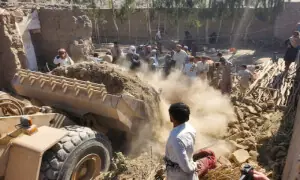
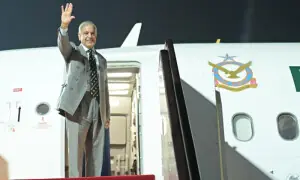
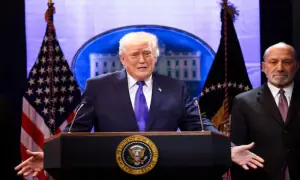

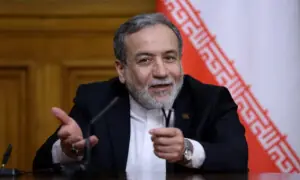
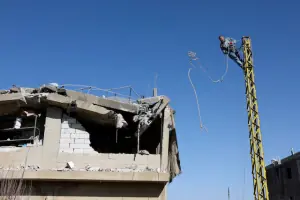
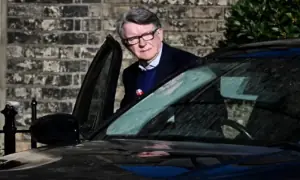
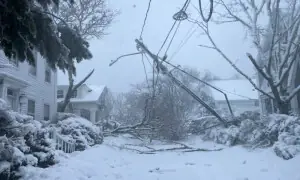
Comments are closed on this story.